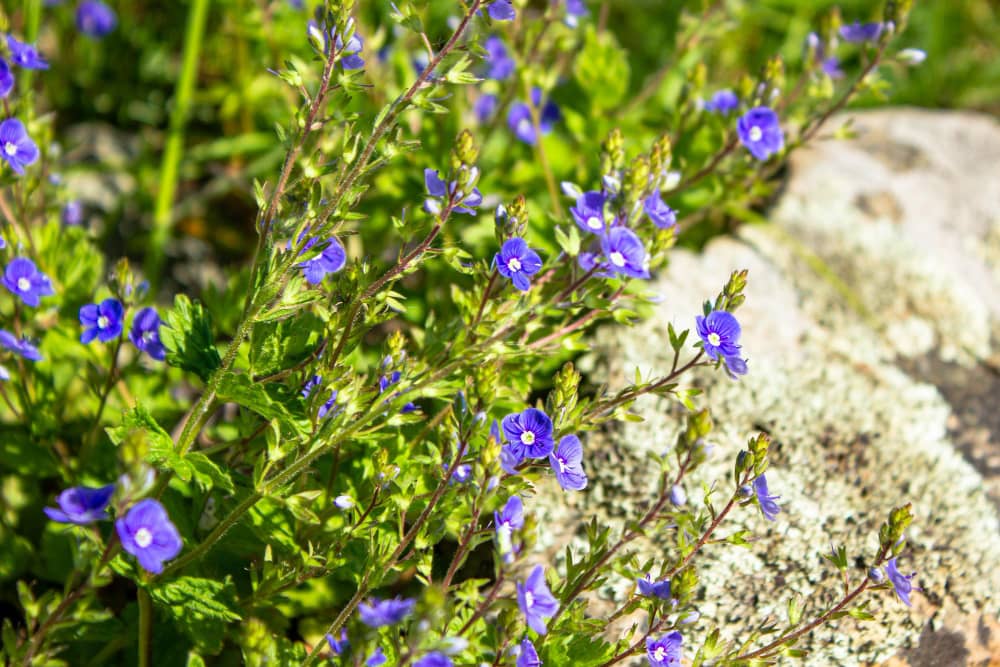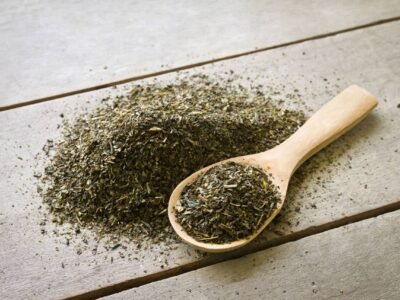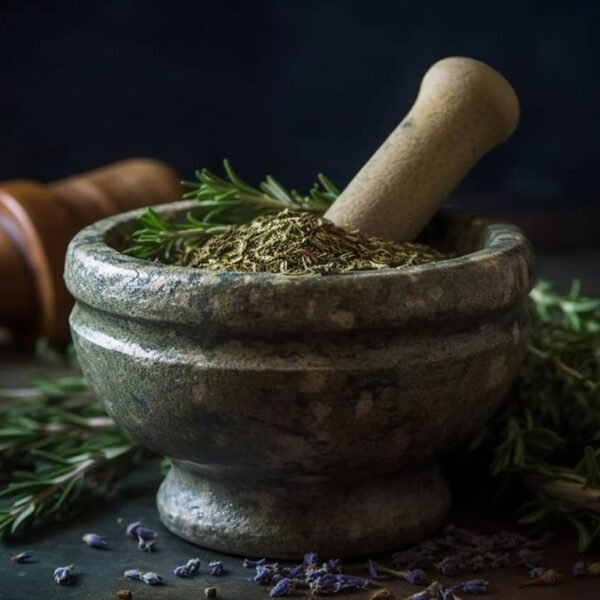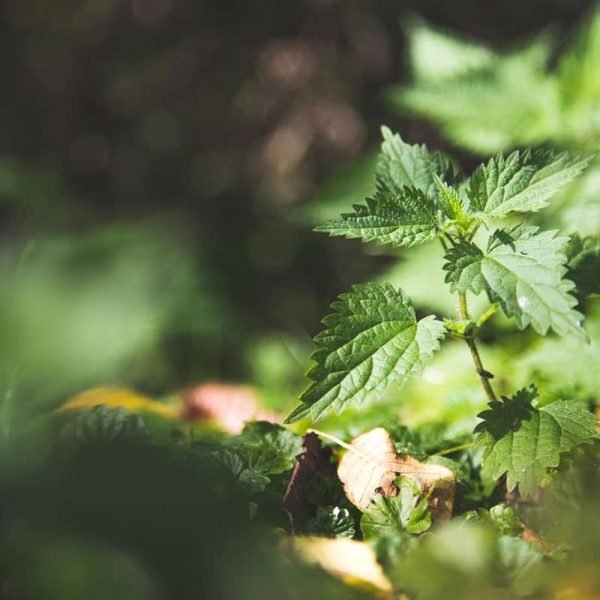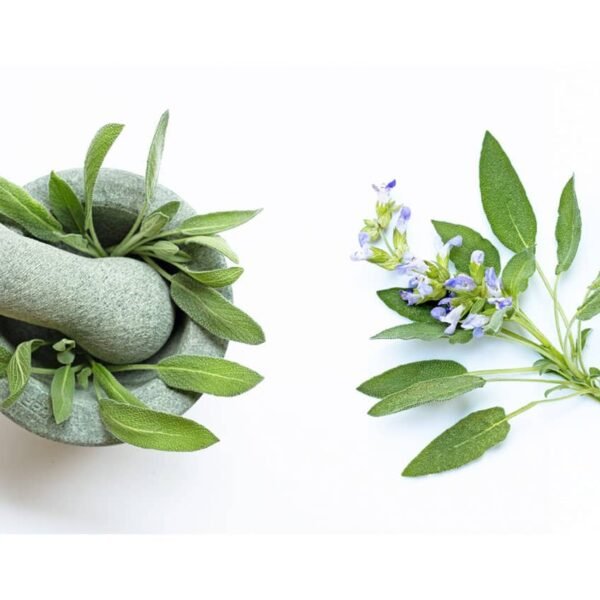Skullcap is a flowering plant that is native to North America. The plant has a long history of use by Native Americans and is still used today by some people for its purported medicinal properties. Skullcap is sometimes taken as a dietary supplement or tincture, and it is also used in traditional Chinese medicine. Some people believe that skullcap can help with anxiety, insomnia, and other health conditions, but there is no scientific evidence to support these claims.
Scientific Name: SCUTELLARIA LATERIFLORA
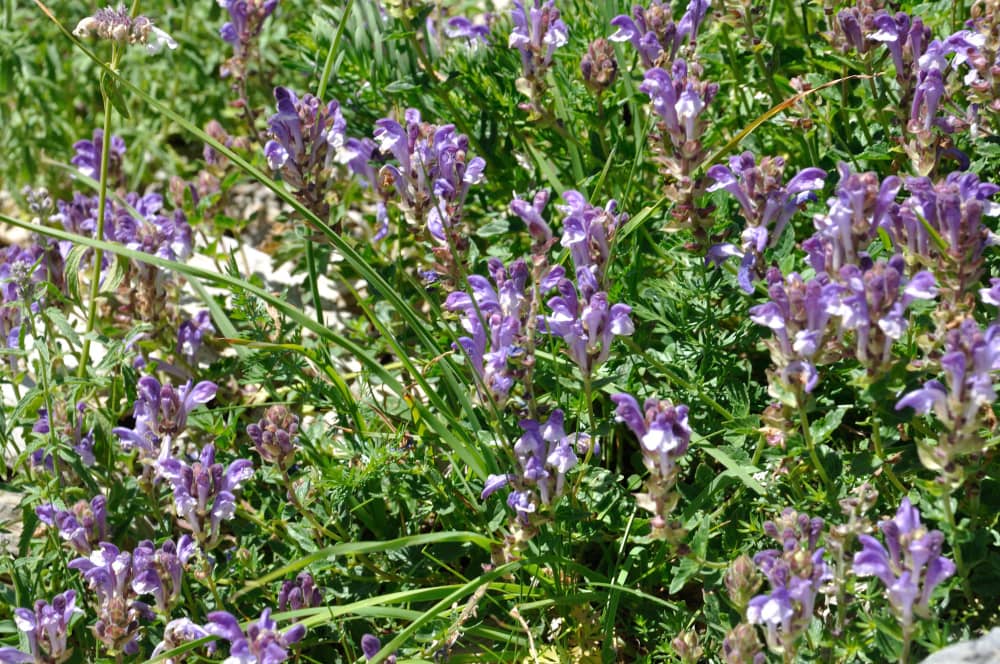
Skullcap is a plant that has been used for centuries for its medicinal properties. The scientific name for skullcap is Scutellaria lateriflora. Skullcap is a member of the mint family and is native to North America. The plant grows to be about two feet tall and has blue or purple flowers. The leaves are toothed and the flowers have four petals. Skullcap blooms in the summertime.
Skullcap has a long history of being used as a medicinal herb. Native Americans used skullcap to treat a variety of ailments including anxiety, insomnia, and seizures. Skullcap was also traditionally used to ease the pain of childbirth. European settlers brought skullcap to North America and began using it to treat nervous disorders and hysteria.
Skullcap is still used today for its medicinal properties. Skullcap is thought to be a natural sedative and can be used to treat anxiety and insomnia. Skullcap is also sometimes used as an herbal remedy for seizures. Skullcap can be taken in capsules, tinctures, or teas.
If you are interested in trying skullcap, speak with your healthcare provider first, as skullcap can interact with some medications.
What is Skullcap?
Skullcap is a common name for several flowering plants in the genus Scutellaria, which contain numerous compounds with medical properties. The most well-known are scutellarin and baicalin, which are used as ingredients in traditional Chinese medicine.
Skullcap is native to temperate regions of Asia, Europe, and North America. It has been used medicinally for centuries, and its popularity has only grown in recent years due to its purported efficacy in treating a wide range of conditions.
Some of the most common uses for skullcap include reducing anxiety, easing stress, and helping to promote sleep. It is also said to boost cognitive function, improve heart health, and relieve pain.
Whether you’re looking for a natural way to ease anxiety or improve your overall health, skullcap may be worth considering.
Description of Skullcap
Skullcap is a perennial herb that is native to North America. The herb has a long history of use by Native Americans and is now used medicinally by people all over the world. Skullcap is most commonly used for anxiety and stress relief, although it has also been traditionally used for problems like insomnia, restlessness, and irritability.
The herb works by calming the nervous system and is thought to be particularly effective for treating anxiety that is related to stress. Skullcap is available in supplements and can be taken in capsule, tincture, or tea form.
History of Skullcap
Skullcap (Scutellaria lateriflora) is a perennial herb in the mint family that has been used medicinally for centuries. The name “skullcap” is derived from the Latin scutella, meaning “little dish,” in reference to the shape of the plant’s flowers. Skullcap is native to North America and Europe, where it grows in damp woods and shady areas.
The first recorded use of skullcap as a medicinal herb dates back to the early 18th century, when it was used to treat nervous disorders, seizures, and insomnia. Skullcap was also used traditionally to treat a variety of other conditions, including rabies, toothaches, and sore throats. In the 19th century, skullcap became a popular ingredient in patent medicines and was touted as a cure-all for a wide range of ailments.
Over the past few decades, skullcap has been the subject of several scientific studies investigating its potential health benefits. Today, skullcap is commonly used as a natural remedy for anxiety, stress, and sleep disorders. It is also sometimes used as a complementary treatment for epilepsy and other seizure disorders.
Uses for Skullcap
Skullcap has a long history of use in traditional medicine for a variety of conditions, including anxiety, insomnia, and seizures. More recently, skullcap has been studied for its potential role in treating Alzheimer’s disease and other forms of dementia.
While the research is still preliminary, some studies have found that skullcap may help to reduce the symptoms of dementia. Skullcap is also sometimes used as an herbal supplement to help improve cognitive function and memory. You can read more about skullcap benefits here.
How to Grow Skullcap
Skullcap (Scutellaria lateriflora) is the perfect plant for both beauty and function in your garden! As the Herb of the Year for 2019, skullcap is a great choice for pollinator gardens, as it provides nectar for bees and other beneficial insects. Skullcap is also a valuable medicinal herb, traditionally used to relieve anxiety and tension.
Skullcap is a member of the mint family, and like most mints, it’s quite easy to grow. It’s a perennial herb that typically grows to between two and three feet tall. Skullcap prefers full sun to partial shade and rich, well-drained soil. Once established, it’s quite drought tolerant. To propagate skullcap, start with seeds or cuttings taken from an existing plant. Seeds should be started indoors six to eight weeks before the last frost date in your area.
Sow them on the surface of moistened potting mix and keep the soil moist but not soggy until they germinate. Cuttings can be taken from new growth in late spring or early summer. rooting them in moistened sand or perlite. Once your skullcap plants are established, you can begin harvesting the leaves for use in teas or other preparations. The leaves can be harvested anytime during the growing season. To dry them for future use, simply hang them upside down in a dark, well-ventilated space.
Final Words
Skullcap is a member of the mint family that is native to North America. The plant gets its name from the shape of its flower heads, which resemble miniature skulls. Skullcap has a long history of use in traditional medicine and is still used today for a variety of purposes.
Skullcap can be taken as a tea, tincture, or capsule, and is also available in topical formulations. The herb is generally considered safe, but should be used with caution in pregnant or breastfeeding women. Skullcap is a versatile herb that can be used to promote relaxation, ease anxiety, and relieve pain.

